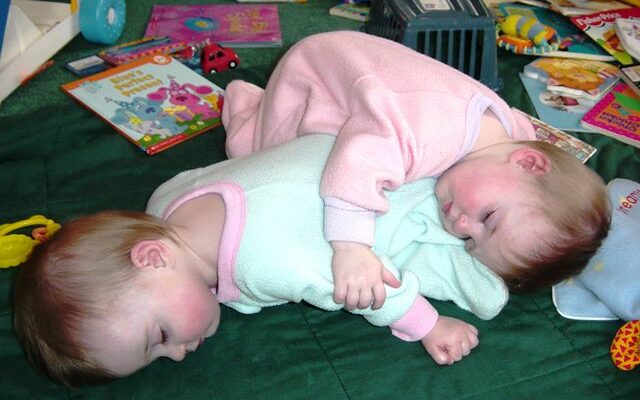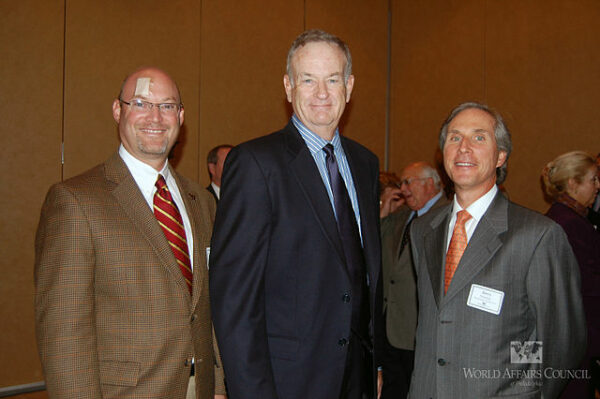
A new analysis from the Institute for Family Studies (IFS) points to a widening fracture in how young Americans approach marriage and children, with liberals falling sharply behind their conservative peers—a gap the report’s authors attribute to diverging cultural messages about fulfillment, purpose, and the value of family.
Liberals are on the path to going extinct.
Drawing on decades of data from the General Social Survey, researchers Brad Wilcox and Grant Bailey chart a once-modest divide that has accelerated dramatically over the past ten years. In the 1980s, marriage rates among adults aged 25–35 showed differences but not dramatic ones: 74% of conservative men and 83% of conservative women had married, compared to 61% of liberal men and 75% of liberal women. Today, the gap has hardened into a generational fault line. Using pooled GSS data from 2021, 2022, and 2024, the report finds that 60% of conservative women in this age bracket have ever married, versus just 44% of liberal women. Among men, the divide is even starker—57% of young conservatives have married, compared to only 35% of liberals.
Parenthood figures show the same ideological sorting. In the 1980s, conservative and liberal women were separated by five points on rates of having children. Now that gap has grown to 31 points: 71% of young conservative women are mothers, compared with just 40% of liberal women. Young men show similar polarization—47% of conservatives have children, versus 22% of liberals.
"The Left has a family problem. Progressive messaging that devalues, denies, & deconstructs the value of family life and celebrates solo living in recent years is leaving its mark on the hearts, minds, and lives of young liberals, especially young women on the Left." pic.twitter.com/NHvN1e0KJt
— Brad Wilcox (@BradWilcoxIFS) November 25, 2025
Wilcox and Bailey link these shifts to competing cultural cues. On the left, what they describe as a “Midas Mindset” increasingly encourages young adults—especially women—to prioritize education, career achievement, and financial stability over marriage or family formation. A recent NBC News poll included in the report found that Gen Z Harris voters ranked “Having a job or career you find fulfilling” above all other measures of success; marriage and parenthood fell near the bottom.
The report argues that progressive skepticism toward family life has been reinforced by cultural narratives emphasizing the burdens of caregiving. A UN advertisement featuring actress Anne Hathaway warns of the “imbalance” in unpaid care between men and women. And in the New York Times, writer Glynnis MacNicol suggested that a life without family can open “avenues that are as satisfying or more satisfying or lead to a happier, more fulfilled life” for women.
The right, by contrast, is cultivating a deliberate counter-narrative. Conservative influencers and media personalities increasingly frame marriage and children not as constraints but as sources of meaning, stability, and joy. The late Charlie Kirk told young audiences: “Having a family will change your life in the best ways, so get married and have kids. You won’t regret it.” He cautioned against “careerism and consumerism” in one’s twenties and said on Fox News, “Having children is more important than having a good career … my kids matter more than how many social media followers I have.”
Podcasters such as Ben Shapiro and Matt Walsh echo similar priorities, while younger conservative influencers—like swimmer Riley Gaines—offer personal testimony. After the birth of her child she wrote, “There’s nothing that could’ve prepared me for a love like this. God has blessed us beyond belief. Welcome to the world, sweet Margot.”
There's nothing that could've prepared me for a love like this. God has blessed us beyond belief.
Welcome to the world, sweet Margot🎀🧸🩷 pic.twitter.com/G3CgsexKCF
— Riley Gaines (@Riley_Gaines_) October 3, 2025
According to the report, this cluster of messages provides conservatives with a “plausibility structure”—a supportive community, often religious, that normalizes early marriage and parenthood. On the other side of the ideological spectrum, more young women now identify as liberal—36% in the 2020s compared to 31% in the 1980s—potentially moving family-oriented individuals toward conservatism and leaving progressives with a cohort less inclined toward forming families.
The demographic implications are already visible. Fertility rates have fallen faster in Democratic-leaning states: the ten states with the highest margins for Harris in 2024 saw a 25% decline in aggregate birth rates since 2001, compared with an 11% decline in the states Trump won. Child populations have grown 7.3% in Trump-won states since 2000 but shrunk 7.1% in Harris-won states.
Even liberal thinkers quoted in the report warn of the long-term consequences. Philosopher Anastasia Berg told the authors that “increasingly, young people from progressive and liberal circles are finding it harder to navigate the question of whether or not to have children, one of the most important personal decisions they’re going to be making in their lives.” She added that for progressives to shape the future, “some people have to be having children. And if you want those children to share in the values that you yourself hold, you probably want some of those people to be the kind of people that you yourself are.”
Wilcox and Bailey conclude that the left’s focus on individual achievement over family may be contributing to higher levels of loneliness and unhappiness among liberals, warning that progressives may undermine their own long-term political and cultural influence unless they reassess the role of family in the lives of young adults.
In the end, over time, the future will belong to those who are there.
[Read More: GOP Members Looking At Exits]











